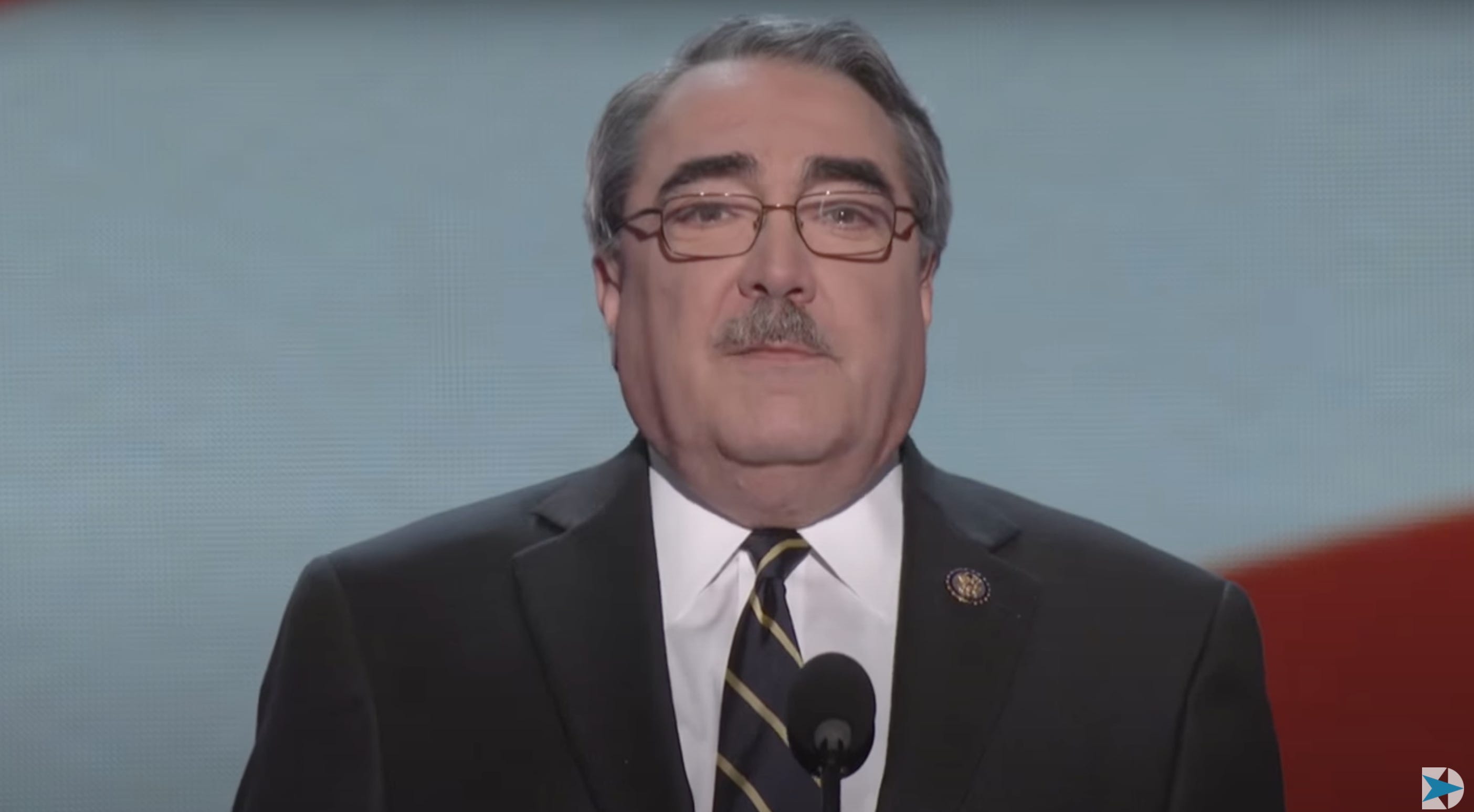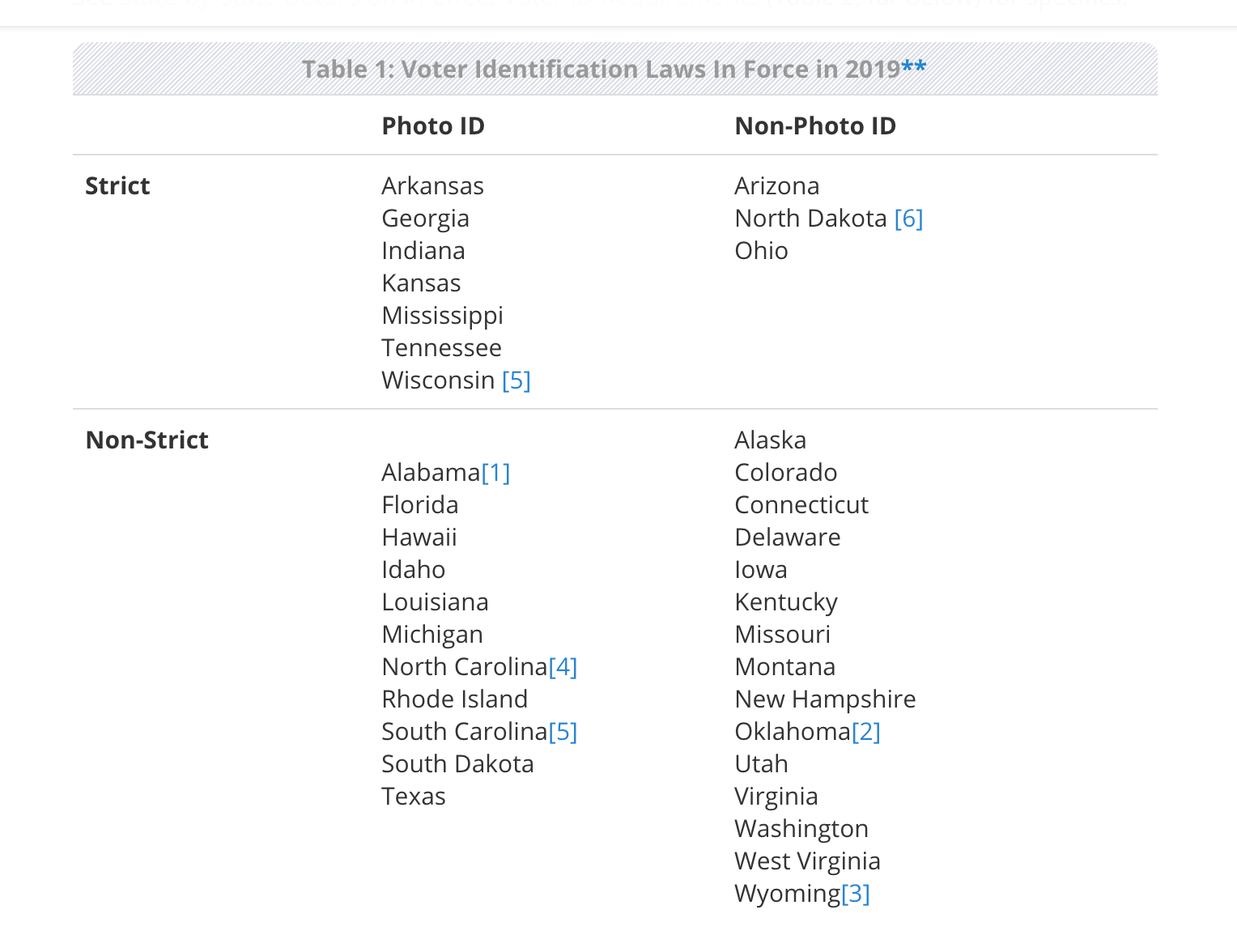Congressional Dems still messing with state stuff
Published May 27, 2021

(Rep. G.K. Butterfield. Screenshot from DNC YouTube page)
The “For the People Act,” H.R.1/S.1, is locked up in the Senate, unlikely to get the 60 votes it needs to overcome solid Republican opposition. Impatient House Democrats insist on breaking it out, hoping to shame senators by highlighting parts that motivate party activists, sympathetic interest groups, and donors.
This played out Tuesday in a House subcommittee hearing led by North Carolina’s G.K. Butterfield. The 1st District Democrat, who chairs the Administration Committee’s elections subcommittee, “voiced his concerns about recent voting requirement laws in states such as Georgia and Texas, as well as those that have been passed in his home state, such as Voter ID,” reported NC Policy Watch via the States Newsroom.
Butterfield said the effect of such laws is to make it much more difficult for some people to vote, including rural residents and minority groups. Butterfield added that the Voting Rights Act of 1965 prevented states from enacting voting laws that could harm voters of color. Congress needs to reinstate such protections, he said.
“The Texas and North Carolina voter ID laws illustrate the critical role that the Voting Rights Act played in protecting the rights of minority voters and exemplify the need for Congress, for us, to enact legislation to revitalize federal protection of minority voting rights,” he said.
As faithful readers know, the For the People Act would let the federal government go all Robert Goulet and mess with states’ stuff.
A string of witnesses, progressives and conservatives, essentially stood in their corners and talked past one another. From the right came the legitimate point that forms of ID are necessary for a host of routine activities, from air travel to buying alcohol to driving on public roads.
Every state requires voters to verify their identities, not always at the polls. You can register to vote when you get or renew a driver’s license. If you fail to take advantage of the federal motor-voter law, then your state expects you to submit some type of identifier when you register through an elections office. You just can’t randomly show up at a polling place and cast a ballot without providing some verification beforehand.
Moreover, 35 states require voters to present ID at the polls, the National Conference of State Legislatures reports. Requirements vary. Ten states have what NCSL calls “strict” photo ID laws — “Did you get a haircut?” — the other 25 are “non-strict,” letting voters who don’t have a state-issued photo ID sign affidavits, cast provisional ballots, present witnesses, and the like. (North Carolina is a 26th state with a non-strict ID mandate in place, but readers probably know our law is mired in court.)

(Source: National Conference of State Legislatures)
The left-leaning speakers echoed and amplified Butterfield’s message.
“Across the board, my colleagues and I have found that these laws impose a disproportionate burden on minority voters; our research consistently has found a negative and significant empirical link between voter identification laws and minority turnout in the United States,” Michigan State University political science professor Nazita Lajevard said.
Whatever its fate in legislative bodies and courts, voter ID remains popular.
A March Locke/Civitas Poll found likely North Carolina voters approve a voter ID requirement by a 61%-34% margin. A 538.com wrap of several national polls on voter ID shows solid majorities backing the mandate.
Not everything that’s popular is legal or constitutional, of course. So the lawsuits and the congressional harrumphing continue.
The Policy Watch report misstated one important detail. Reporter Ariana Figueroa said election bills pending in the General Assembly would have to be folded into other legislation because they failed to meet the May 18 “crossover” deadline, which requires most bills that don’t involve state money to pass one legislative chamber or die that two-year session. But other bills, including those affecting elections, don’t have to pass before crossover. The election bills already filed, and possibly others, can move ahead any time before the session adjourns sine die next year.
Speaking of election bills …
Implications from the delay in reporting 2020 census data are about to get real. Thursday, a Senate committee will consider Senate Bill 722, a measure that would let local governments delay 2021 municipal elections until 2022. Cities won’t be able to redraw districts until later this year because they won’t receive granular census information until September 30 — a few days before elections were supposed to happen.
The State Board of Elections wanted census data by late July. But, thanks to a Trump administration-caused delay, it’s not happening. The bill would let cities that elect council members by geographic district or ward choose to postpone their elections until spring 2022.
If the General Assembly can’t draw new legislative and congressional districts that pass court muster by the end of December, the 2022 primaries might be pushed back as well.







